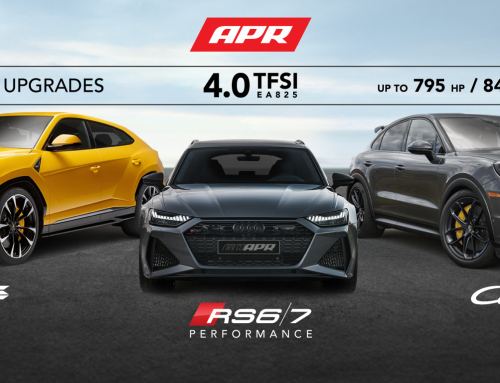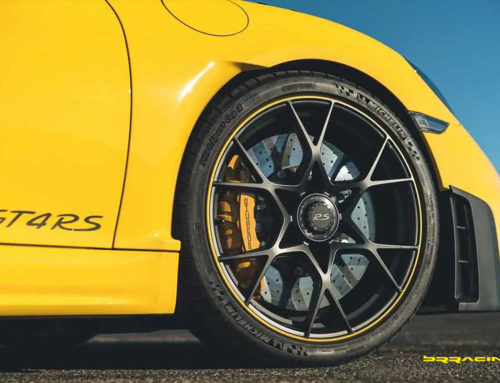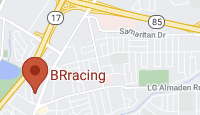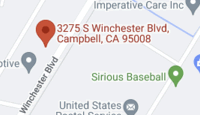FRANKFURT — SEPTEMBER 20, 2015 – Volkswagen said on Sunday that it would halt sales of cars in the United States equipped with the kind of diesel motors that had led regulators to accuse the German company of illegally installing software to evade standards for reducing smog.
John Schilling, a Volkswagen spokesman, said that the company would stop selling 2015 and 2016 Volkswagen and Audi models equipped with 4-cylinder turbo diesel engines, which the company has marketed as “clean diesel.” The company will also stop selling used cars that have the engines, Mr. Schilling said.
He said he did not know how many models would be stuck on dealer lots as a result of the decision. Earlier this month, Volkswagen had said that 23 percent of new cars sold in August were diesels, or 7,400 vehicles.
The confirmation of the halt in sales came on the same day that Martin Winterkorn, the chief executive of Volkswagen, apologized for conduct that prompted the Environmental Protection Agency to order Volkswagen to recall nearly half a million vehicles.
Volkswagen could face billions of dollars in fines for what the E.P.A. said was a deliberate attempt to evade rules on emissions. The decision to stop sales was first reported by The Wall Street Journal.
“I personally am deeply sorry that we have broken the trust of our customers and the public,” Mr. Winterkorn said in a statement.
He said the company would “cooperate fully” with the authorities and order its own independent investigation into the accusations.
In his statement, Mr. Winterkorn did not contest assertions by the E.P.A. that Volkswagen sold cars equipped with software that could detect when periodic state government emissions testing was taking place.
Only during such tests are the cars’ full emissions control systems turned on. During normal driving situations, the controls were turned off, allowing the cars to spew as much as 40 times the pollution allowed under the Clean Air Act, the E.P.A. said.
Diesel-driven cars have enjoyed something of a renaissance in recent years, shedding much of their old stigma for being dirty, clanky and sluggish to drive, said Karl Brauer, an analyst at Kelley Blue Book. And in the United States, he said, Volkswagen has clearly led the pack — offering diesel vehicles that performed just like their gasoline counterparts.
“Now, we have to wonder if the technology really advanced as far as we thought at VW,” Mr. Brauer said. “They must have had a problem making it work in a way that delivered truly clean diesel. At least clean enough to meet the regulations.”
Mr. Brauer said the higher nitrous oxide emissions probably meant better drivability. Fuel economy also improves with more nitrous emissions, and engines can run cooler, and thus wear out more slowly.
“They must have had a mix of performance, economy and durability that they liked, but realized they couldn’t achieve that and still get the emissions,” he said.
Diesels in particular are known — and marketed — these days as having tremendous torque, or low-end thrust from a stop. If achieving the required emissions affected the torque, making it anemic, then “drivers are going to scratch their heads, thinking, isn’t this why I got a diesel?” Mr. Brauer said.
Volkswagen was going through a difficult period even before the accusations became public on Friday. Mr. Winterkorn recently survived a power struggle with the chairman of Volkswagen’s supervisory board,Ferdinand Piëch, a scion of the Porsche family who dominated the company for more than two decades before resigning in April.
Following Mr. Piëch’s departure, some analysts have raised questions about whether Mr. Winterkorn would be strong enough to hold together the sprawling Volkswagen empire, which also includes Audi and Bentley luxury cars, Porsche and Lamborghini sports cars, Scania and MAN heavy trucks, and Ducati motorcycles.
Although Volkswagen recently surpassed Toyota as the world’s biggest automaker measured by the number of cars sold, it is significantly less profitable than its Japanese rival and far weaker in the United States market.
A push by Volkswagen to increase sales in the United States, which included building a factory in Chattanooga, Tenn., to produce Passat sedans, has fallen short.
“For Volkswagen, it’s a huge scandal,” said Ferdinand Dudenhöffer, a professor at the University of Duisburg-Essen, who follows the automobile industry. “The timing is extremely unfortunate.”
Professor Dudenhöffer said the case could damage all German automakers, which have tried to build acceptance in the United States for diesel engines, a sector in which they believe they have a technological lead.
Until recently, Professor Dudenhöffer said, the United States applied stricter standards to diesel engines than those applied by European regulators. But the European authorities, concerned about the health effects of diesel pollution, have tightened standards, prompting complaints from the auto industry.
Professor Dudenhöffer said that as a result of the E.P.A. action, Mr. Winterkorn could come under pressure to resign.
“Winterkorn was already damaged,” Professor Dudenhöffer said. “Now there is an accusation of illegal behavior. This story is not over.”
E.P.A. officials issued the car company a notice of violation and said it had admitted to the use of a so-called defeat device.
The recall involves 4-cylinder Volkswagen and Audi vehicles from the model years 2009 to 2015.
The software was designed to conceal the cars’ emission of nitrogen oxide, a pollutant that contributes to the creation of ozone and smog, which are linked to a range of health problems, including asthma attacks, other respiratory diseases and premature death.
Disengaging the pollution controls on a diesel-fueled car can yield better performance, including increased torque and acceleration.
California has issued a separate notice of violation to the company. California, the E.P.A. and the Justice Department are working together on an investigation of the allegations.
Over the next year, E.P.A. officials said, owners of the affected vehicles should expect to receive recall notices from Volkswagen, including information about how to get their cars repaired at no cost to them. The recall covers roughly 482,000 diesel passenger cars sold in the United States since 2009.
Affected diesel models include the 2009-15 Volkswagen Jetta, 2009-15 Beetle, 2009-15 Golf, 2014-15 Passat and 2009-15 Audi A3.
The American investigation could ultimately result in fines or penalties for the company. Under the terms of the Clean Air Act, the Justice Department could impose fines of as much as $37,500 for each recalled vehicle, for a possible total penalty of as much as $18 billion.
The notice of violation came days after the company promoted plans at the Frankfurt International Motor Show to introduce 20 plug-in hybrid or all-electric vehicles by 2020 as part of a campaign to reduce vehicle emissions.
Mr. Winterkorn said in his statement on Sunday that Volkswagen would “do everything necessary in order to reverse the damage this has caused.”
“This matter has first priority for me, personally,” he said, “and for our entire board of management.”
CONTENT for this article from New York Times, Sunday, September 20, 2015.






Leave A Comment
You must be logged in to post a comment.